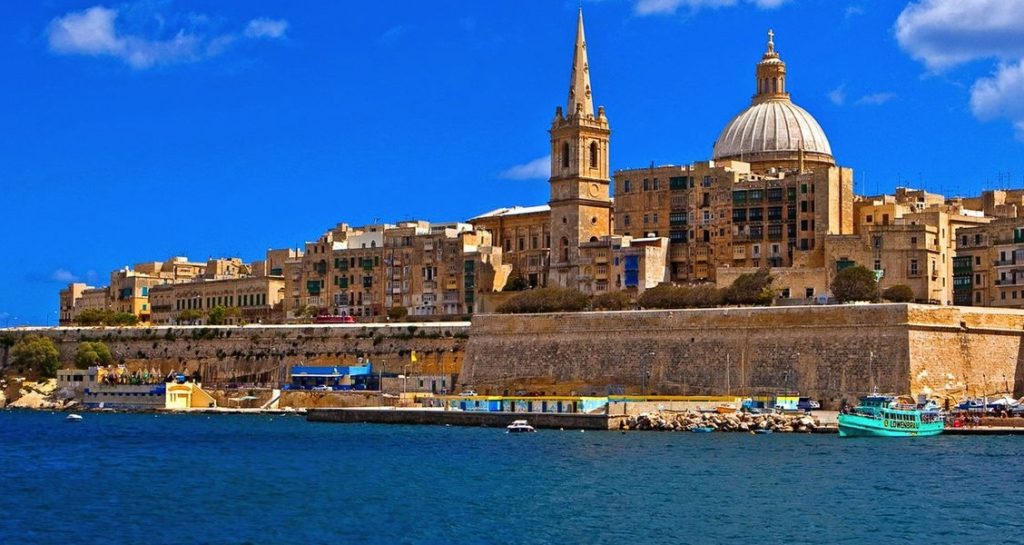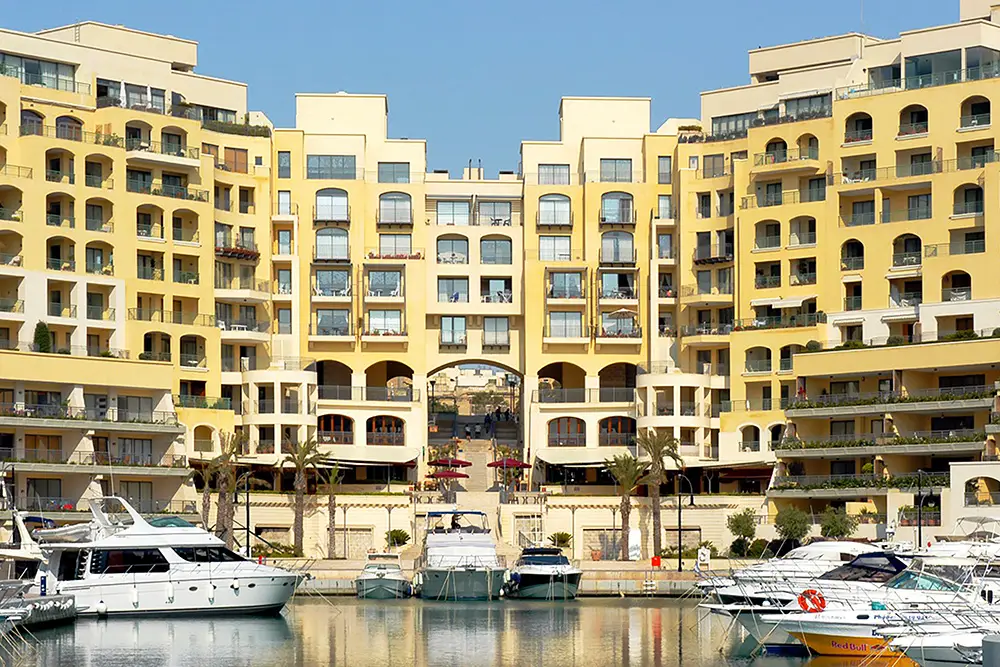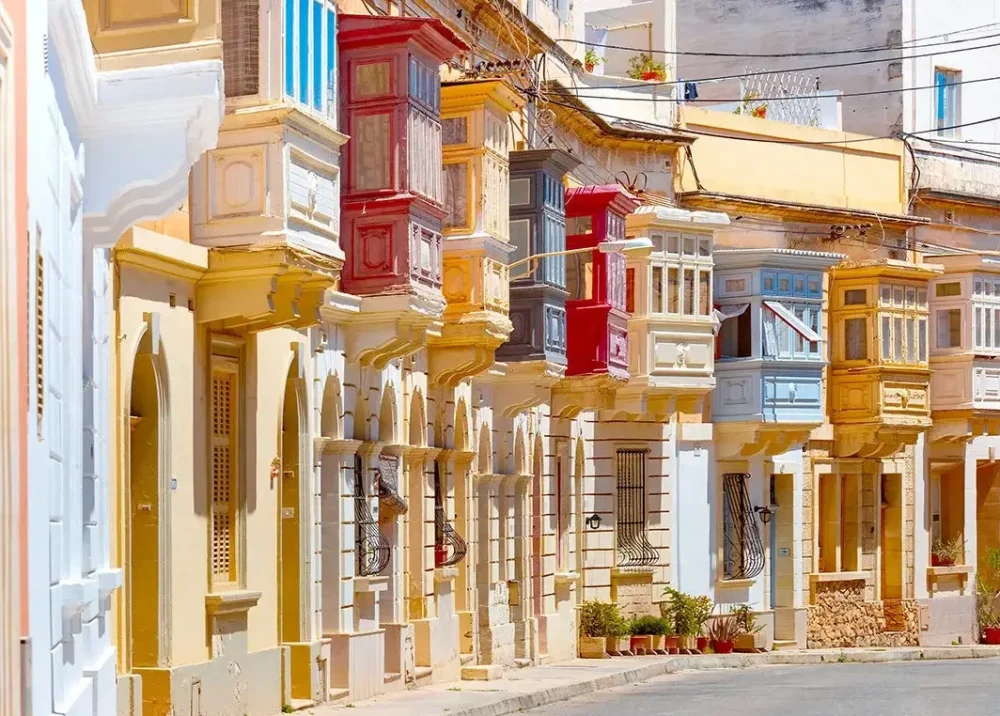Naturalization citizenship provides an opportunity to establish a permanent residence in a new country. This mechanism allows foreigners to become full members of society, with access to social protection, healthcare programs, voting rights, and other fundamental freedoms. Each country has its own path to citizenship, where the duration of residency is less important than the depth of involvement.

A set of conditions for obtaining citizenship by naturalization
Citizenship by naturalization is not granted automatically; it is awarded after the applicant has met a set of criteria. The criteria are based on three factors: length of residence, level of integration, and legal cleanliness. The minimum period of permanent residence is usually 5 years, but some countries require a minimum of 3 years. In addition, the applicant must have a legal status, such as a residence permit or permanent residence. Most countries also require proof of income and tax transparency.
Integration is also a key factor. Government agencies check the knowledge of the state language, the knowledge of the constitutional system, history, traditions, participation in socio-cultural processes. For example, when citizenship by naturalization in Malta, emphasis is placed on financial transparency, the period of residency and participation in local life. At the same time, the system allows an alternative path – investment in real estate with accelerated passport processing in 12 months.
From resident status to a passport: how to complete the process without mistakes
 The naturalization citizenship procedure requires strict adherence to migration and legal consistency. You cannot apply without the previous steps — it all starts with a visa, then temporary residence is issued, after which the opportunity to apply for permanent residence opens.
The naturalization citizenship procedure requires strict adherence to migration and legal consistency. You cannot apply without the previous steps — it all starts with a visa, then temporary residence is issued, after which the opportunity to apply for permanent residence opens.
After obtaining permanent residence and staying for a fixed period, access to the citizenship application is opened. The applicant prepares a package of documents, includes certificates of income, employment, no criminal record, takes an exam and takes the oath. The mechanism works as a system of mutual guarantees: the state recognizes the right to a passport if the applicant has confirmed attachment and law-abiding.
Citizenship by Naturalization through Integration: How to Become a Part of a New Society
The key condition for naturalization is proven integration. States do not seek to replenish the ranks of citizens with indifferent or temporary residents. Actions that prove engagement are crucial: official work, volunteering, and participation in educational and community initiatives.
Naturalization citizenship is always accompanied by confirmation of loyalty: exams on knowledge of language, history, legislation, assessment of cultural adaptation and behavior. For example, in Malta, when issuing a passport, participation in charitable initiatives, sustainability of work, and feedback from local structures are considered.
Financial factor: the role of income and economic activity
Stable income is not just a formality, but an important characteristic of reliability. Many countries set minimum wage requirements, correlating them with the level of average wages. Additionally, the history of tax payments, savings and participation in investment processes is considered.
Obtaining citizenship by a foreigner through employment, participation in the economy and entrepreneurial activity strengthens the applicant’s position. Ownership of real estate, a long-term contract, business and participation in local associations are especially appreciated. In Malta, for example, naturalization applicants provide proof of stable income over the past 36 months, including statements, reports, and tax forms.
Quick route: investing in real estate
Not everyone is willing to wait 5-10 years. For those with sufficient funds, there is an alternative route through investment. This format allows you to bypass the long residency process without compromising the value of your passport. Malta serves as an example of how the investment scheme works. By investing at least €600,000 in the economy or real estate, you can obtain citizenship after 12 months. This process involves a comprehensive review but eliminates the need for long-term residency.
Similar schemes are available in Turkey, the Caribbean, and Montenegro. In some countries, investing in real estate worth at least $250,000 can lead to citizenship within six months. These schemes are appealing to those who want to expedite their legalization while maintaining flexibility and mobility.
Submission Features: how to increase the chances of approval
Even if all the requirements are met, a refusal is possible — errors in documents, non-compliance with deadlines, or incomplete information may disrupt the process. Therefore, it is important not only to understand how to obtain citizenship by naturalization, but also how to avoid problems along the way. Submission should be planned in advance. Documents should be prepared not at the time of submission, but before the start of the invoice period. Trips outside the country often reset the accumulated length of service, so the schedule of stay is fixed to the day.
It is important to present income not only with certificates, but also with the logic of savings. For example, unofficial transfers and sudden amounts may raise suspicions. In this case, bank statements, accountant reports, and tax documents can help. It is better to prepare for the language and history exam systematically by taking practice tests, participating in training sessions, and studying sample questions. Even small details like participating in local sports clubs, societies, or courses can increase the chances of approval.
Citizenship by naturalization: the main thing
 Citizenship by naturalization establishes not just a legal right, but forms a strong bond between a person and a country. Status is formed not by papers, but by deeds. The state builds filters not for the sake of formalities, but for the sake of selecting those who are ready to join the community and participate in its development. The journey may take years and require effort, but the result — a full-fledged passport, access to rights, social guarantees and freedom of movement — fully justifies the investment. At the same time, real estate investments provide flexibility to those who are not ready to wait.
Citizenship by naturalization establishes not just a legal right, but forms a strong bond between a person and a country. Status is formed not by papers, but by deeds. The state builds filters not for the sake of formalities, but for the sake of selecting those who are ready to join the community and participate in its development. The journey may take years and require effort, but the result — a full-fledged passport, access to rights, social guarantees and freedom of movement — fully justifies the investment. At the same time, real estate investments provide flexibility to those who are not ready to wait.

 en
en  de
de  ar
ar  es
es  hi
hi  fr
fr  nl
nl  it
it  pt
pt  el
el 









